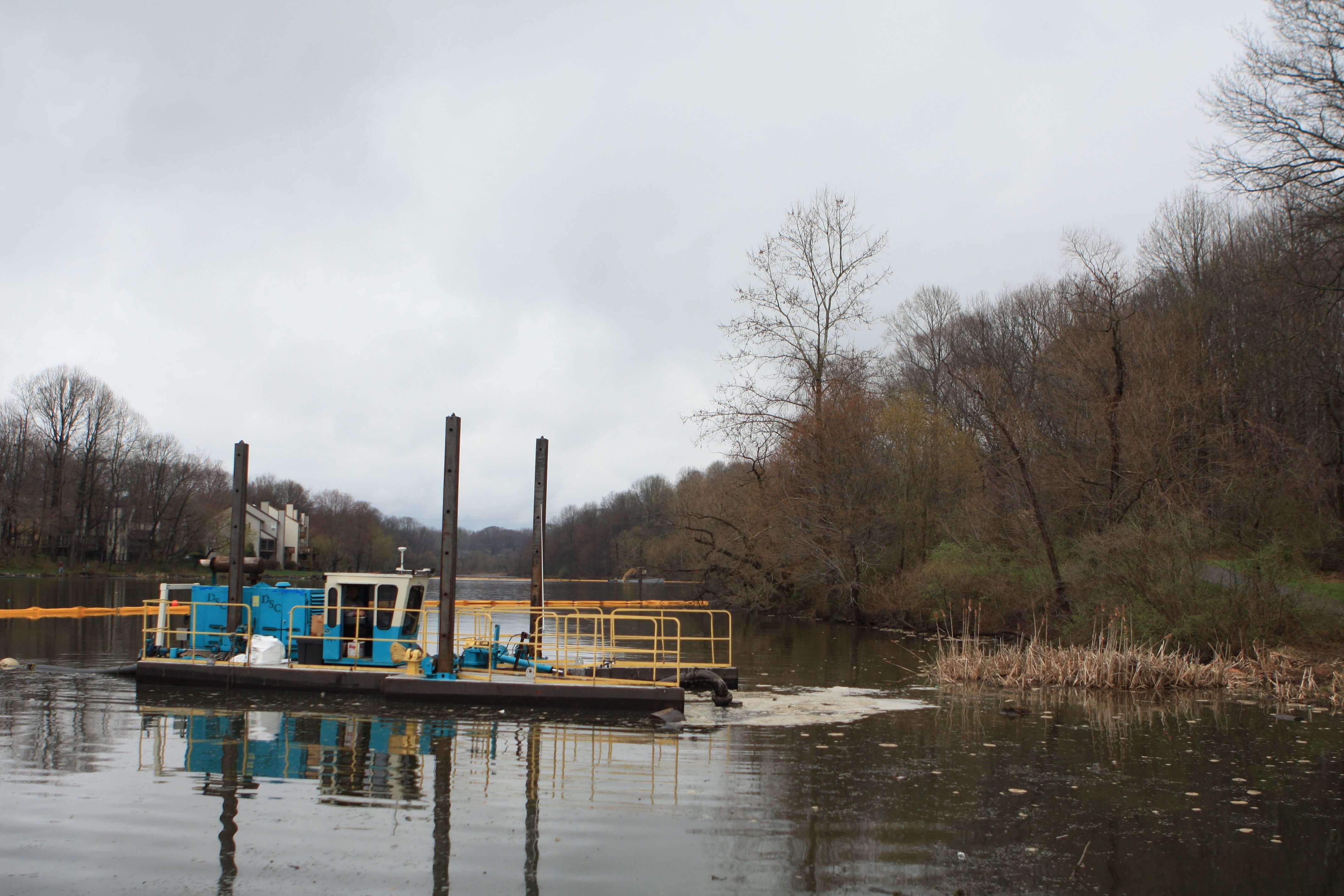
The microorganisms themselves will die back to a normal population once their food source is diminished.Ī site may require a larger bacterial population to be maintained to deal with the consistent input of pollutants associated with the sediment.

They are able to degrade sludge and pollutants dissolved in the water column, or attached to sediment, turning them into oxygen, carbon dioxide, water, and more bacteria. This provides a potential alternative to mechanical or hydraulic dredging.īeneficial microorganisms have an appetite for a surprising number of compounds, with an ability to turn complex substances, no longer usable to other life forms, back into simple, usable compounds. Biological Dredging.īiological dredging is a gentle yet powerful tool to treat a disturbed ecosystem plagued with pollutants and build up of organic sludge at the bottom of the water column. – Dredging activities may be subject to regulation under the Clean Water Act. – Extra costs can occur if material is classified as hazardous waste – Increases costs if dredged materials need to be transported and relocated to landfill or another site – Exposes biota to heavy metals and other toxins – Causes silting and increases in turbidity, which stresses and can kill aquatic life – Bathymetry can be altered, potentially eliminating shallow water habitat essential to spawning, nesting and rearing of – Disrupts the aquatic ecosystem through physical removal of both plants and animals. However, other issues can occur, for example:

By increasing the depth of water, weed growth is discouraged, water temperature lowered and oxygen levels increased. Dredging in this manner physically removes sediment, some excess nutrients, pollutants and organic matter. These types of dredging techniques have been the main solution for dying ponds, lakes, retention basins, and rivers. When we think of dredging we automatically envision a large machine removing copious amounts of sediment from rivers or harbors either through suction or with a grabber.


 0 kommentar(er)
0 kommentar(er)
